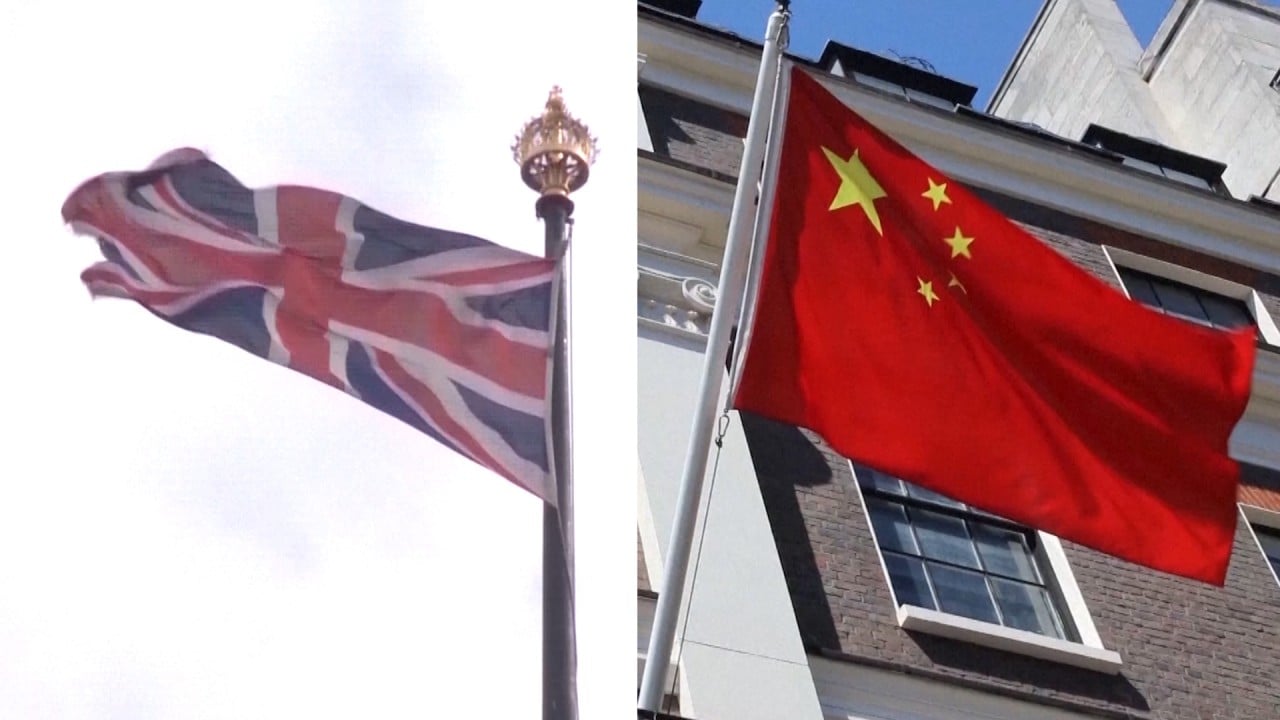
Hong Kong’s honours system must be recognised as a colonial legacy in disguise
- Although British chivalric orders have given way to Hong Kong’s own honours, the system remains a problematic symbol of inequality and social divisiveness, and needs to be revamped
While acknowledging contributions to society is a noble gesture in itself, is it appropriate to do so under a system which, by its very nature, is out of kilter with the values of modern Hong Kong society?
Prior to the transfer of sovereignty in 1997, honours were awarded by the queen under the British orders of chivalry, most commonly the Order of the British Empire, the grades of which are still discernible in the structure of Hong Kong’s current honours system.
For instance, in place of the Knight or Dame Grand Cross (GBE), one is now awarded the Grand Bauhinia Medal (GBM). Although British chivalric orders have since given way to Hong Kong’s own orders, such as the Order of the Grand Bauhinia, the honours system remains a problematic symbol of inequality and social divisiveness.
In the days of empire, the queen’s honours were not merely an elitist and anachronistic aesthetic of empire, which colonial subjects wore in deference to the Crown. The honours system was used as a political device to strengthen imperial administration across the realm. It was a means by which Britain secured the allegiance of the local ruling class with a view to mobilising them to maintain stability among colonial subjects.

03:29
China says UK has 'poisoned' Sino-British relationship over Hong Kong and Huawei
Arguably, conferring such honours facilitated “indirect rule”, a concept most notably propounded by Frederick Lugard, former governor of Hong Kong (1907-1912). Maintenance of the unequal power dynamic between the coloniser and the colonised could be delegated to a privileged minority of colonial elites, who were categorically distinguished from the rest of the colonial population.
As such, the honours system was an instrument of oppression that took advantage of imperialism’s inherent inequalities and played to the folly of human vanity. In his book Ornamentalism: How the British saw Their Empire, historian David Cannadine argues that awarding honours to members of the ruling class was “an emphatic sign that they were being treated as social equals”.
He further notes that the “common lust for titles brought together the British proconsular elite and the indigenous colonial elites into a unified, ranked, honorific body – ‘one vast interconnected world’.”
The problematic nature of British chivalric honours is not lost on Britons. Earlier this month, it was reported that an increasing number of people in Britain have been rejecting the queen’s honours over the past decade due to the negative connotations of Britain’s imperial past. A 2004 House of Commons public administration select committee report recommended that the Order of the British Empire be phased out.
As the world continues to unpick the racial, social and economic inequalities in the wake of imperialism, it is difficult to see how Hong Kong society can in good conscience perpetuate such an exploitative institution pseudonymously. Has the colonial identity been internalised by Hong Kong’s collective consciousness to the extent that it is unaware of the glaring systemic oppression engendered by this institution?
Justin Bong-Kwan is a practising barrister and a freelance writer based in Hong Kong

